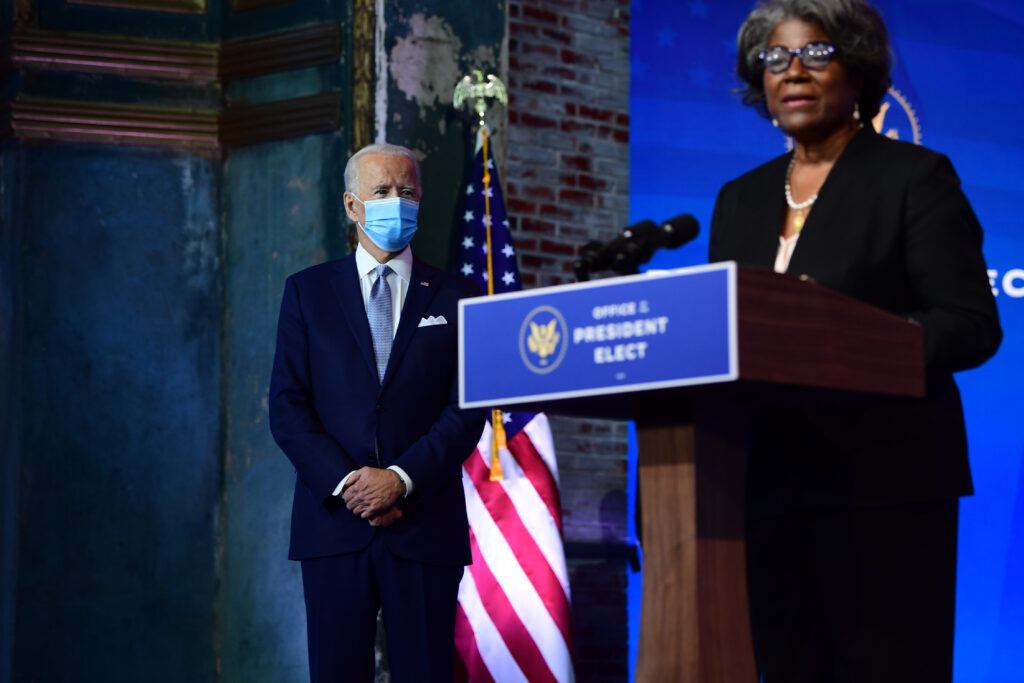Thomas Weiss: “The Biden Administration and Trump’s Ashes: A UN Phoenix?”
Originally published here on rosalux.nyc on January 14th, 2021.
Throughout its history, the United Nations has confronted bureaucratic challenges and radical changes in world politics. The UN has reinvented itself several times and thus far survived.
Last year marked the 75th anniversary of the signing of the UN Charter in San Francisco and the treaty’s entry into force on October 24. Long-planned events from June to October 2020 were to celebrate the occasion were held remotely.
What does the aftermath of the COVID-19 pandemic and the resulting global economic meltdown mean for the United Nations? In the smoldering ashes of the Trump administration’s hyper-nationalist foreign policy, will the UN be around to celebrate its centenary?
Forecasts are not in a social scientist’s job description—thus, my reluctance to speculate about the Biden administration. Nonetheless, U.S. citizens and the planet dodged a bullet in November. We could have seen the continued deterioration of international cooperation with the world’s most important political and military power as well as the UN’s largest funder on the sidelines.
The Biden administration clearly will be better for multilateralism. Starting with Franklin D. Roosevelt, Democrats have consistently supported the UN, and Biden’s re-engagement will represent a noticeable return to the multilateral fold. However, it is uncertain how rapidly he can reverse the Trump administration’s “America First” policies. It is possible that not even the end of the Trump era can resuscitate older and more ambitious visions of liberal internationalism and global governance.
It should be relatively easy after the inauguration to reverse some withdrawals from international organizations and agreements—the World Health Organization (WHO), the Paris Agreement on Climate Change, and perhaps the Iran deal—and restore relations with allies, especially in Europe and the North Atlantic Treaty Organization (NATO). In the medium-term, we should see a return to the Human Rights Council and the UN Educational, Scientific and Cultural Organization (UNESCO), and renewed financing for the family-planning of the UN Population Fund (UNFPA) and for UN Relief and Work Agency for Palestinian Refugees (UNRWA).
Addressing the two most urgent crises facing the United States and every other country in the world, the pandemic and climate change, will require genuine cooperation. In short, while multilateralism was not something Trump did, ever, a multilateral phoenix will have to rise from the last administration’s ashes if we are to make headway against these existential threats.
History contains clues about how best to prepare the UN for an uncertain future; even with the ouster of Donald Trump, multilateralism of all stripes is under siege amidst new nationalisms. With obvious weaknesses on display, including disjointed responses to COVID-19, this essay returns to January 1942. It then parses the Trump administration’s populism and the havoc created at the UN, the effects of which are likely to be long-lasting unless overdue institutional reforms become a reality.

